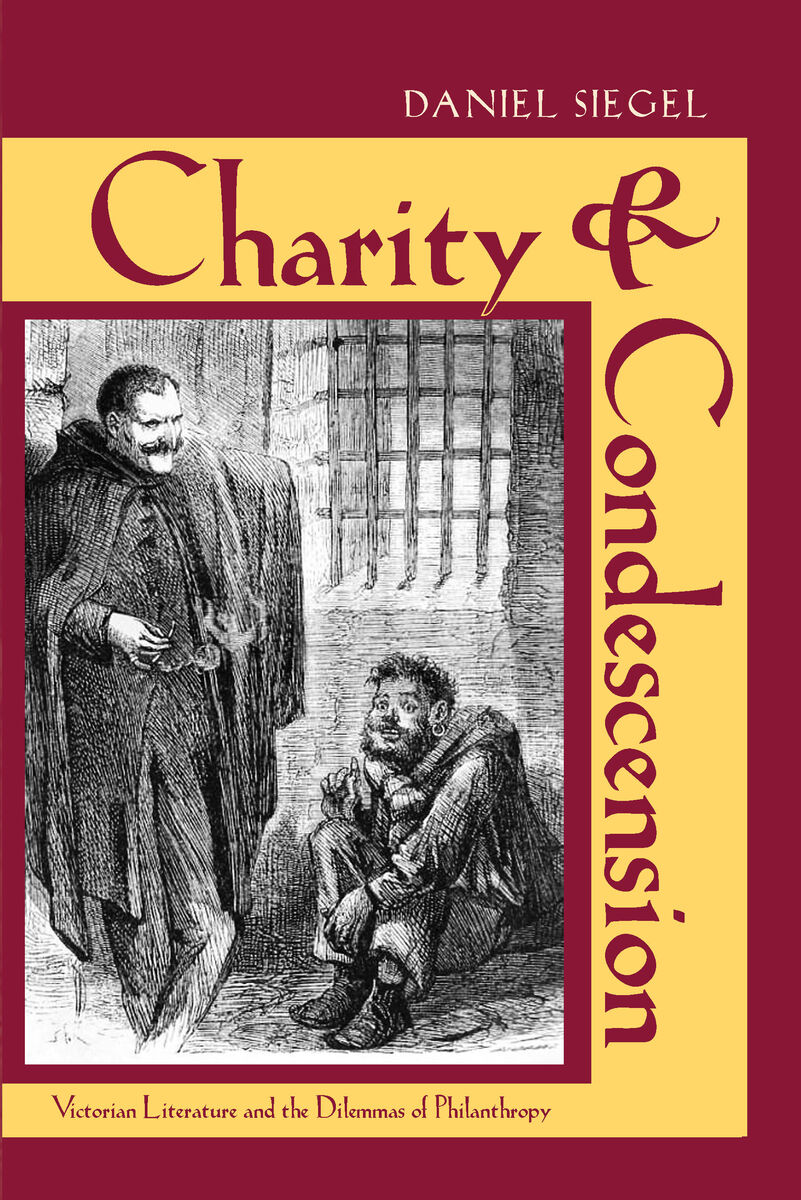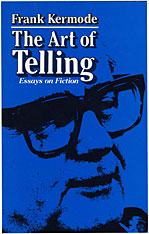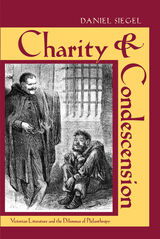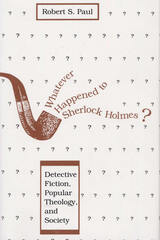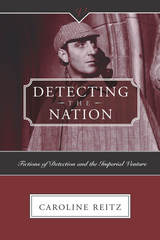Paper: 978-0-8214-2519-0 | Cloth: 978-0-8214-1991-5 | eISBN: 978-0-8214-4407-8
Library of Congress Classification PR830.C475S53 2012
Dewey Decimal Classification 820.9355
Charity and Condescension explores how condescension, a traditional English virtue, went sour in the nineteenth century, and considers how the failure of condescension influenced Victorian efforts to reform philanthropy and to construct new narrative models of social conciliation. In the literary work of authors like Dickens, Eliot, and Tennyson, and in the writing of reformers like Octavia Hill and Samuel Barnett, condescension—once a sign of the power and value of charity—became an emblem of charity’s limitations.
This book argues that, despite Victorian charity’s reputation for idealistic self-assurance, it frequently doubted its own operations and was driven by creative self-critique. Through sophisticated and original close readings of important Victorian texts, Daniel Siegel shows how these important ideas developed even as England struggled to deal with its growing underclass and an expanding notion of the state’s responsibility to its poor.
See other books on: Charity | Dilemmas | English fiction | Philanthropy | Philanthropy & Charity
See other titles from Ohio University Press
